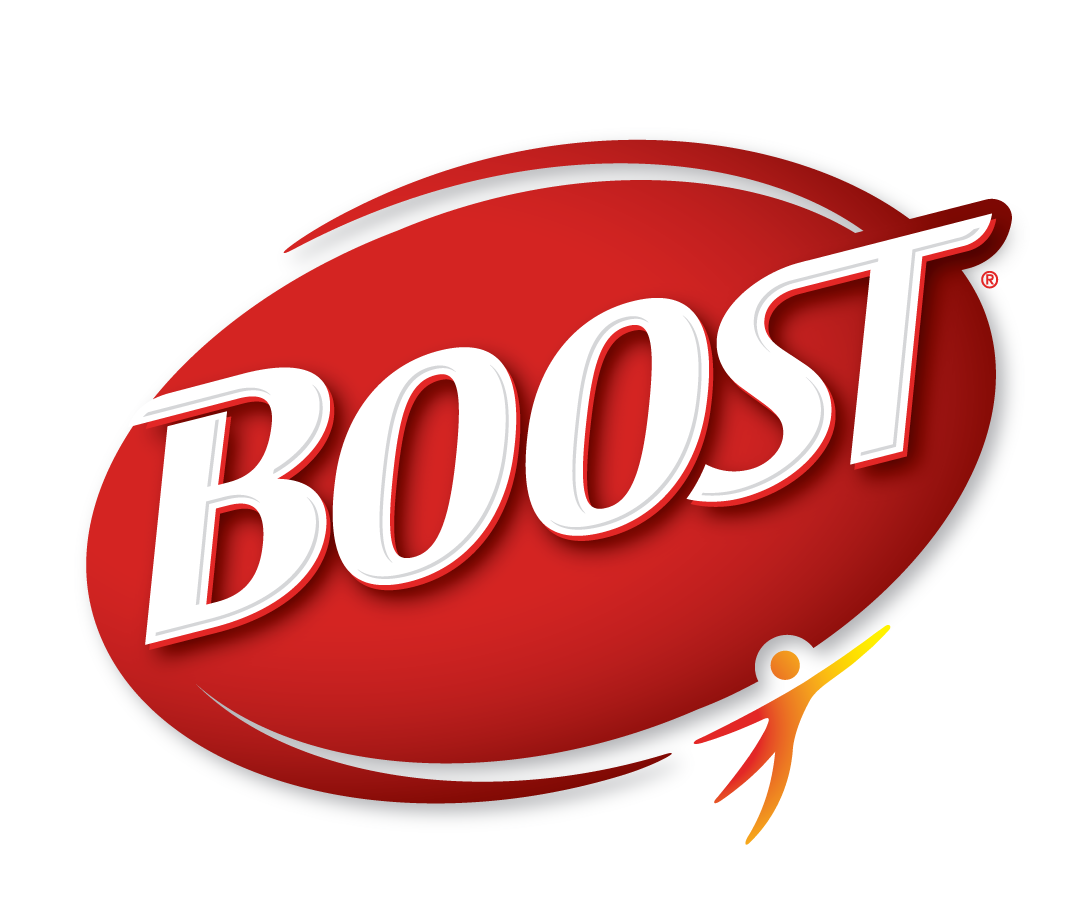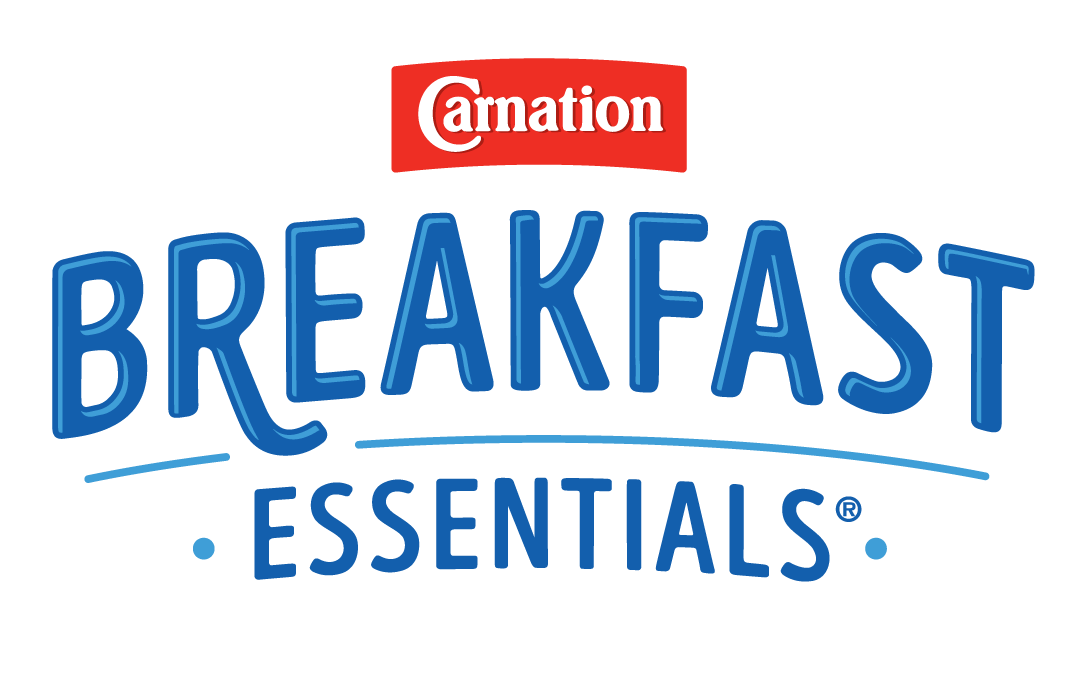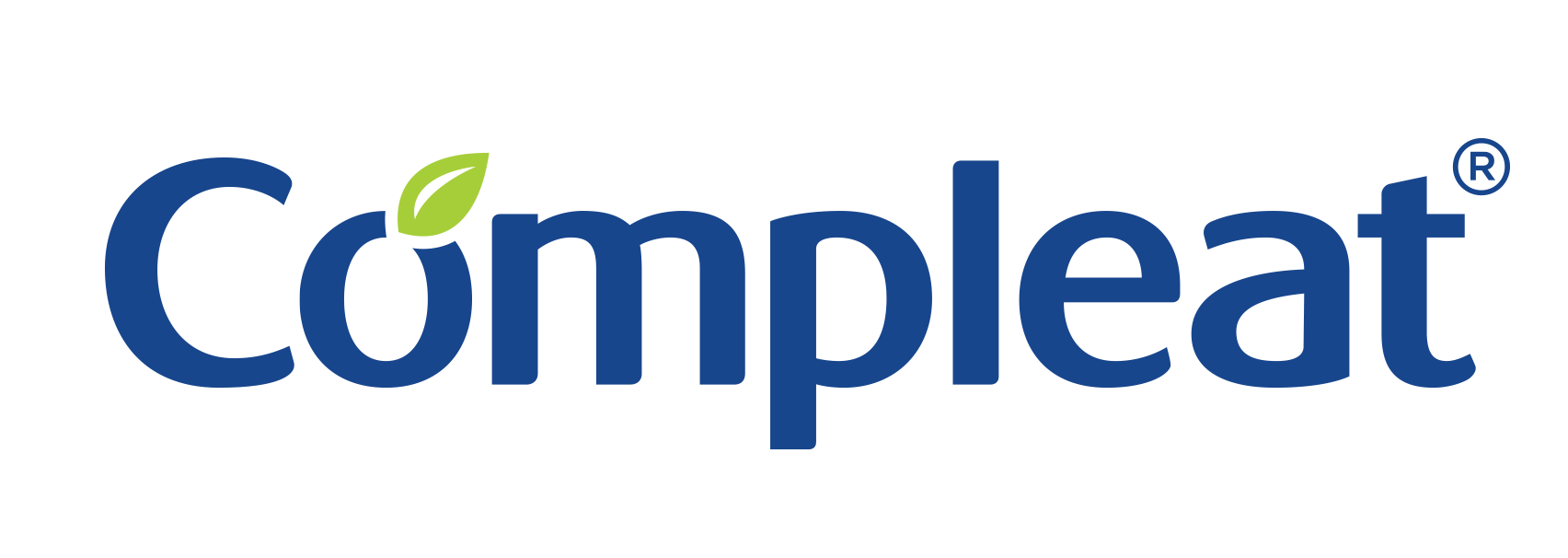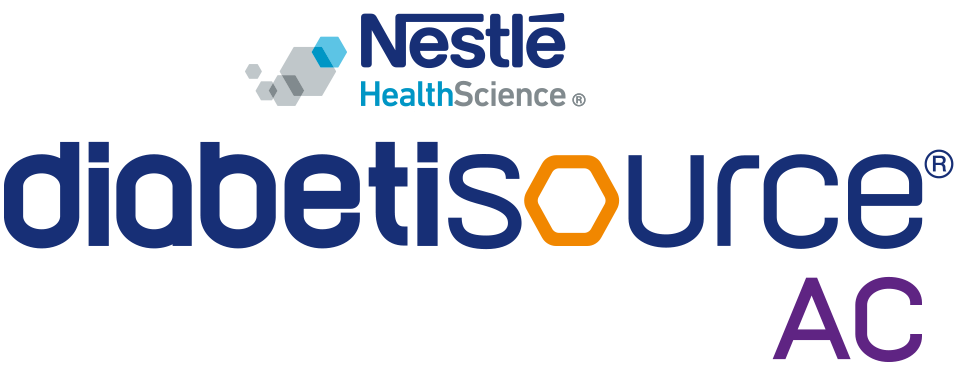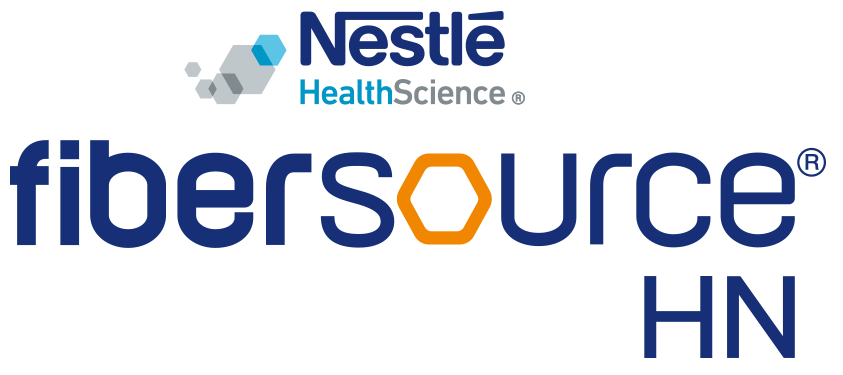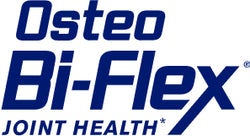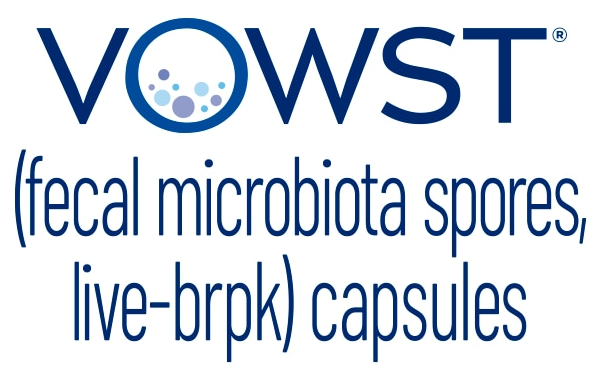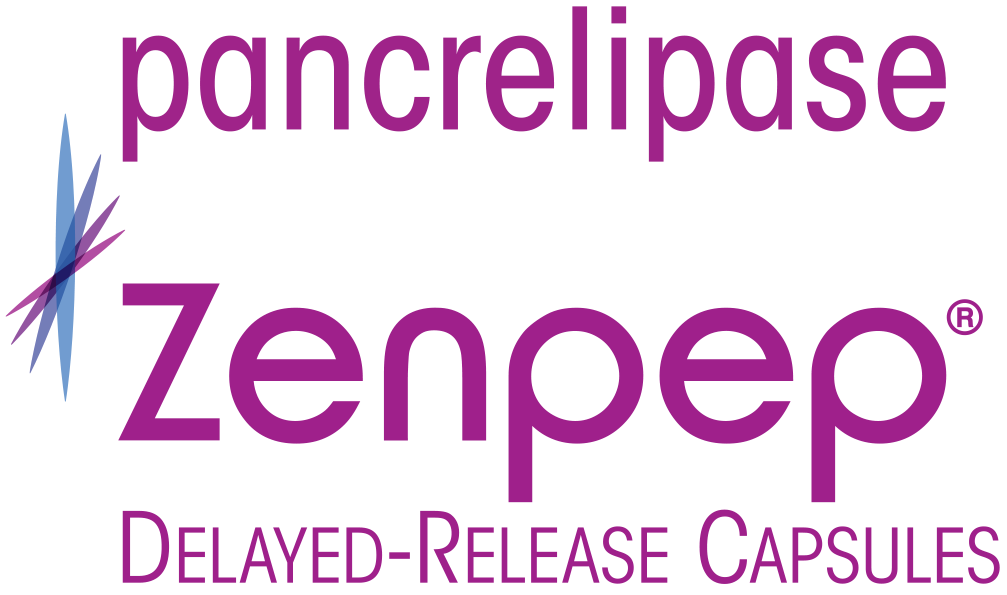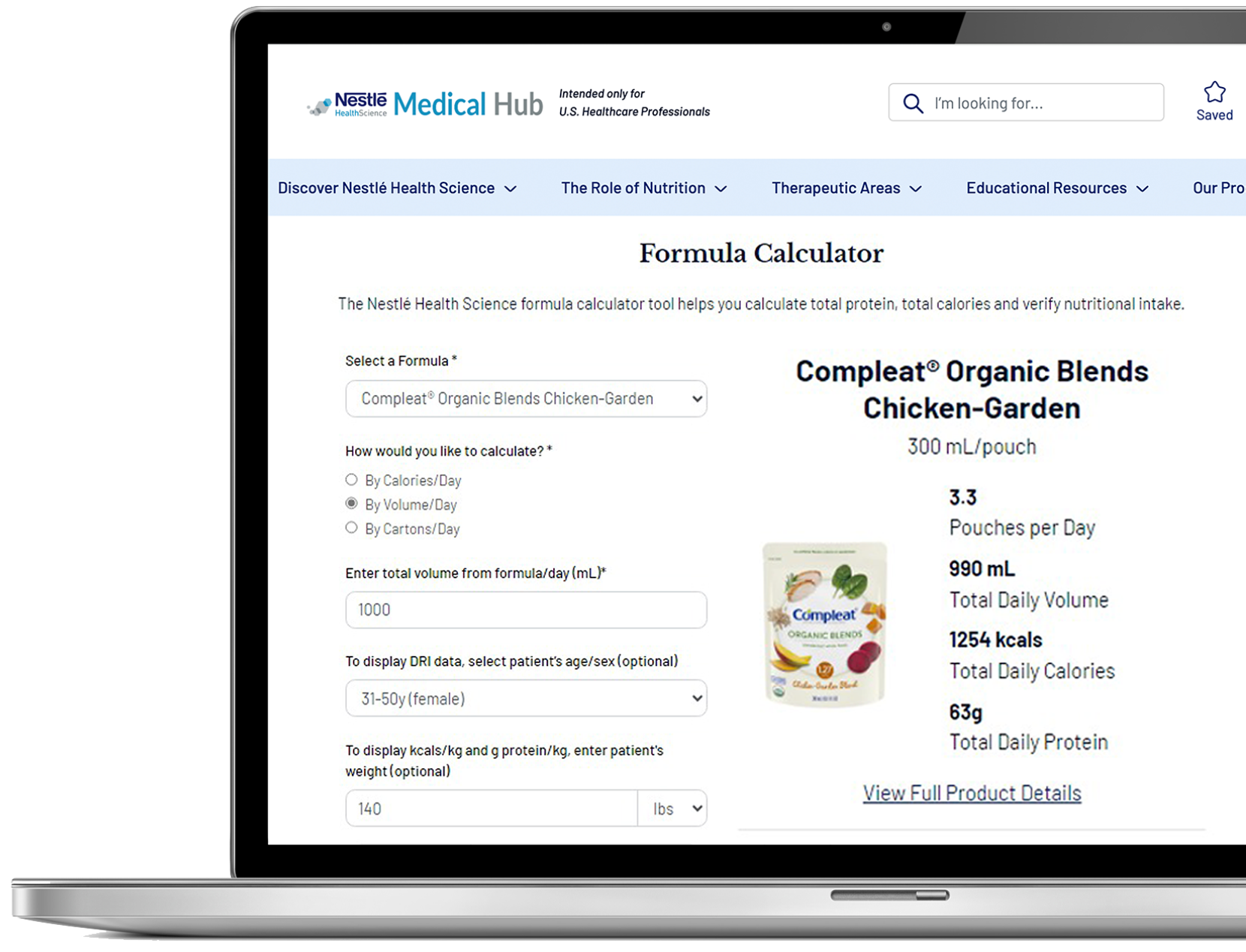Perioperative Nutrition
Impact on Outcomes and Cost of Care
Surgical complications cost the US Healthcare system over $25 Billion annually.1 Inadequate nutrition intervention negatively affects outcomes 2-3 and healthcare related quality and safety scores, while placing significant healthcare dollars at risk.4
Surgical complications are a costly problem, putting even well-nourished patients at risk:
- 17% of patients experience complications, with 40% occurring after hospital discharge 5
- Patients experiencing a post operative complication at home are four times more likely to be readmitted 6
- Infectious complications increase length of stay by an average of 3-11 days 7-10
- A single Surgical Site Infection can cost an additional $20,842 on average 11
Value of Nutrition Intervention
Even in well-nourished major elective surgery patients, specialized nutrition helps reduce the risk of costly surgical complications including: 3,12,14
- Post-operative infections
- Length of stay
- Readmissions
The Society of Critical Care Medicine, The American Society of Parenteral and Enteral Nutrition and other sources recommend the use of specialized immunonutrition perioperatively to improve surgical outcomes.15-19
IMPACT Advanced Recovery® Drink contains a unique immunutrient blend including L-arginine, Dietary Nucleotides and Omega-3 Fatty Acids and has been shown to support:12,13,20,21
- Decreased LOS
- Reduced infection rates
- Lowered readmission rates

More than 80 studies over 30 years consistently demonstrate positive outcomes across multiple major elective surgeries, including:
- Bladder Cancer
- Cardiac
- GI Cancer
- Orthopedic
- Thoracic Cancer
- Ventral Hernia
- Gynecologic Cancer
- Head and Neck Cancer
Medicare Advantage Plans
What if with one simple, evidence-based change you could improve surgical outcomes:
What if with one simple, evidence-based change you could improve surgical outcomes: Studies show a phased nutrition protocol incorporating IMPACT Advanced Recovery® Drink may help reduce the risk of infection in well-nourished and malnourished patients.
An estimated 24-65% of patients undergoing major elective surgery are at nutritional risk.19,22,23
- Phase 1 of the protocol reduces risk of infection for well-nourished and malnourished patients.3,12,19,24,25
- Phase 2 supports improvement in nutritional status to further help reduce risk of infection in at-risk or malnourished patients.19,24,26


Tools & Resources
Access Nestlé's evidence-based protocols, tools and products to help lower total cost of care and improve outcomes in major elective surgery patients.
Contact Us
Contact Us now to learn more about reducing total cost of care and improving clinical outcomes with our expansive portfolio of nutrition products.
Please include your first and last name, email address, phone number, company, and title in your email.
References
1. Mangano DT et al. J Cardiothoracic Vasc Anesth 2004;18:1-6.
2. Marimuthu K et al. Ann Surg 2012;255:1060-1068.
3. Drover JW et al. JACS 2011;212(3):385-399.
4. U.S. Efforts to Reduce Hospital-Associated Infections. U.S. Department of Health and Human Services. www.hhs.gov/asl/testify/2013/09/t20130924.html. Date accessed: 5/5/2016.
5. Kazaure HS, et al. Arch Surg 2012; 147(11):1000-7.
6. Kassin MT, et al. J Am Coll Surg 2012;215:322-330.
7. Bratzler DW, et al. Clin Infect Dis 2006;43:322-330.
8. Fleischmann KE, et al. Am J Med 2003;115:515-520.
9. Dimick JB, et al. J Am Coll Surg 2003:196:671-678.
10. Shepard J, et al. JAMA Surg 2013;148(10):907-914.
11. deLissovoy G, et al. Am J Infect Control 2009;375(5): 387-97.
12. Adiamah A et al. The impact of preoperative immune modulating nutrition on outcomes in patients undergoing surgery for gastrointestinal cancer. Ann Surg 2019; 270(2): 247-256.
13. Banerjee S et al. Arginine-based immunonutrition on inpatient total costs and hospitalization outcomes for patients undergoing colorectal surgery. Nutr 2017;42:106-13.
14. Mauskopf JA et al. Immunonutrition for patients undergoing elective surgery for gastrointestinal cancer: impact on hospital costs. WJSO 2012;10:136.
15. McClave SA, et al. JPEN 2009;33(3):277-316.
16. August DA, and Huhmann MB. JPEN 2016; 40(2):159-211.
17. Weimann A, et al. ESPEN 2017;36:623-650.
18. ASER. Enhanced Recovery Implementation Guide Sept 2016.
19. Wischmeyer PE, et al. Anesth Analg 2018;126(6):1883-95
20.. Drover JW, et al. JAM Coll Surg 2011;212(3):385-399.
21. Majumder A, et al. J Am Coll Surg 2016;222:1106-1115.
22. Thomas MN et al. Nutr 2016; 32:249-254.
23. Geurdan B et al. Acta Chir Belg 2015; 115:341-347.
24. Williams DGA et al. Perioperative Medicine 2020;9:29.
25. Braga M et al. Surg 2002;132:805-814.
26. Myint MWW et al. Age and Ageing 2013; 42:39-4









